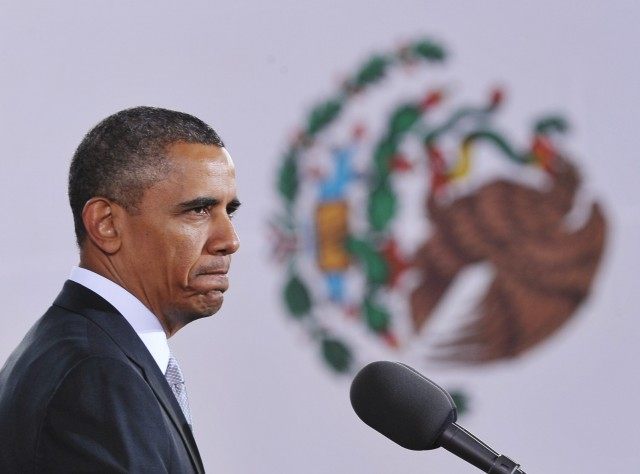From the Economic Policy Institute:
Proponents of Trade Promotion Authority (aka fast-track trade negotiating authority), which the House of Representatives will likely vote on soon, have made an unequivocal promise that future trade agreements like the Trans-Pacific Partnership (TPP) and the Transatlantic Trade and Investment Partnership (TTIP) will explicitly exclude any provisions that would require a change to U.S. immigration law, regulations, policy, or practices. Many members of Congress in both parties have expressed concern that trade agreements might limit America’s ability to set immigration policy. Republican congressmen Paul Ryan and Robert Goodlatte have responded by explicitly assuring members of their party that there will be no immigration provisions in any trade bill.
U.S. Trade Representative Michael Froman has stated in an interrogatory with Sen. Chuck Grassley (R-Iowa) and via letter that nothing is being negotiated in the TPP that “would require any modification to U.S. immigration law or policy or any changes to the U.S. visa system.”
Furthermore, just a few weeks ago, the Senate Finance Committee released a statement titled “TPA Drives High-Quality Trade Agreements, Not Immigration Law: The Administration Has No Authority Under TPA or Any Pending Trade Agreement to Unilaterally Change U.S. Immigration Laws,” and the committee’s May 12 report on the Fast Track bill that was eventually passed by the full Senate contained this relevant language:
For many years, Congress has made it abundantly clear that international trade agreements should not change, nor require any change, to U.S. immigration law and practice…
The Committee continues to believe that it is not appropriate to negotiate in a trade agreement any provision that would (1) require changes to U.S. immigration law, regulations, policy, or practice; (2) accord immigration-related benefits to parties to trade agreements; (3) commit the United States to keep unchanged, with respect to nationals of parties to trade agreements, one or more existing provisions of U.S. immigration law, policy, or practice; or (4) expand to additional countries immigration-related commitments already made by the United States in earlier trade agreements.
Congress’ intent could not be any clearer, but there’s strong evidence to doubt that these assurances will be upheld. If you read these statements closely, you’ll see that most of them concern only the TPP and its lack of impact on immigration policy. But the Trade in Services Agreement, or “TiSA”—another trade deal being negotiated in secret by the Obama administration—is another story; there is little doubt that it will constrain the future ability of the United States Congress to regulate U.S. immigration policy. In fact, deregulating the U.S. work visa system, and therefore opening it up to foreign corporations that provide services (as opposed to goods) is the explicit purpose of an entire annex (section) in TiSA, entitled “Movement of Natural Persons.” The text was heretofore secret until Wikileaks published it on its website last week.
Read the rest of the article here.

COMMENTS
Please let us know if you're having issues with commenting.